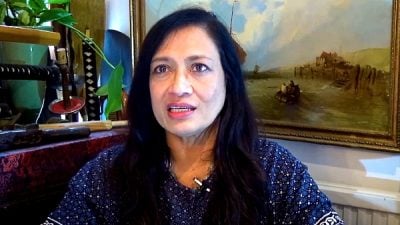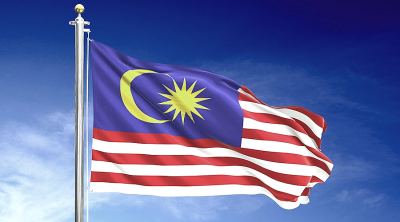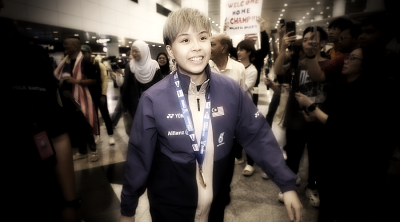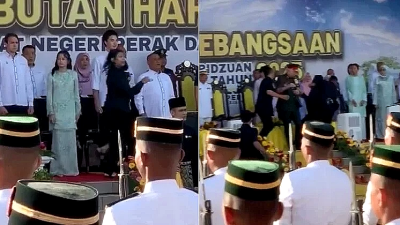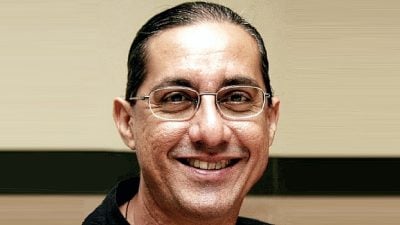
The violent death 16 years ago, of 30-year-old Teoh Beng Hock, cannot be allowed to be treated like a political football by the DAP, or Pakatan Harapan, the then opposition coalition, because it suits them to gain political mileage.
With the formation of a Unity government, has Teoh’s family been unceremoniously dumped?
Why? Is it because the truth hurts, because the same stakeholders still hold important positions, because the then ruling party, Umno-Baru, a vital component of the current Unity Government, may be forced into a humiliating climbdown and be made accountable for their actions?
All these will damage the reputation of the Madani administration, a coalition that was built on a foundation of transparency and accountability.
Justice still eludes Teoh’s family.
Teoh, the political aide to Selangor DAP assemblyman, Ean Yong Hian Wah, died at the hands of a person or persons unknown, after an all-night intense interrogation by officers of the Malaysian Anti-Corruption Commission (MACC).
On the day of a memorial service held for Teoh, on 27 July, his tearful mother, Teng Shuw Hoi, pleaded with the DAP for the truth about her son’s death.
No mother should have to endure the terrible heartache and trauma of a child predeceasing their parent.
With utmost dignity, the family rejected the financial compensation for Teoh’s death and insisted that the truth be told, and that only justice will suffice.
The following day, Teoh’s sister, Lee Lan, blasted Prime Minister Anwar Ibrahim’s political secretary Chan Ming Kai, who said in a 21 July interview on the podcast called “Keywords” that it was not necessary to accede to the Teoh family’s demand for international experts to further investigate his death.
Lee Lan had every right to admonish Chan’s apparent double standards.
More importantly, it was Chan’s lack of compassion and insensitivity that showed Malaysians how the PM’s aide displayed poor communication skills and lack of judgement in a very sensitive case that has dogged the nation for 16 years.
To make matters worse, Chan claimed that Malaysian bureaucracy would reject the engagement of the international team of investigators.
He claimed that the foreigners could possibly harm the reputation of the locals, whom the rakyat would then find it hard to trust or respect, because we would question their lack of professionalism.
Chan also said that international expertise was unnecessary unless the police did not have the required technology; but on April 15, PDRM had admitted that they lacked the resources to probe the case because 15 years had elapsed.
This remark prompted Lee Lan to say, “Isn’t this a clear signal that the police need a helping hand? If the government has nothing to hide, why is the government scared to invite an international criminal investigation expert to probe this case?”
Will the Madani administration reconsider their decision about engaging a foreign expert to investigate Teoh’s death, and therefore invoke Section 302 of the Penal Code that deals with murder, and establishing an advisory team of distinguished human rights figures?
Sadly, besides his family, the other victim of Teoh’s violent death is Malaysian justice.
Teoh’s family has undergone a roller coaster of emotions.
The botched police investigation during which the MACC officers who questioned Teoh, had ample time to get rid of crucial evidence.
The unsatisfactory post mortem prompted the family to demand a second autopsy by an independent foreign expert.
Several inconsistencies in the ensuing investigations only made the rakyat believe that the authorities had something to hide.
The then prime minister, Najib Abdul Razak, met up with the Teoh’s two weeks after his death, and assured them that “no stone will be left unturned” and that if there was any evidence of foul play, action would definitely be taken.
Sixteen years later, discovering the truth has degenerated into “No further action” by the Attorney-General’s Chambers (AGC).
By 2011, the ensuing public backlash forced the government to hold a Royal Commission of Inquiry (RCI) which concluded that Teoh had possibly taken his own life.
Aggressive questioning by MACC officers resulted in extreme psychological pressure that had forced Teoh to commit suicide.
Why would Teoh do this as he was due to get married and his fiancée was expecting their baby? He had his whole life before him. Why was Teoh’s purported “suicide” note only found years later?
The aggressive interrogation tactics warrants an investigation, so were the officers involved, ever punished for directly, or indirectly, causing Teoh’s death?
Teoh had been interviewed at the MACC Selangor headquarters because of alleged misuse of state funds.
If there are suggestions that he committed suicide, to save his party and his boss’ faces, then why not question his boss, for the veracity of the claims. Did MACC prove the misuse of funds?
In 2014, the Court of Appeal ruled that Teoh’s death was not self-inflicted, but that he died as a result of unlawful action, thus prompting a reinvestigation.
However, in May 2025, the Attorney‑General’s Chambers (AGC) classified Teoh’s death as “No Further Action (NFA).
Why is it so difficult to get at the truth? Where is the accountability of those in authority?
Have the remedial measures outlined by the Court of Appeal over abuse of power, custodial violence, interview procedures, and lack of accountability in our law enforcement agencies been addressed?
Teoh died because someone messed-up and pushed the boundaries too far. We must ensure justice for him and his family, and that others do not suffer the same fate.
Sadly, besides his family, the other victim of Teoh’s violent death is Malaysian justice.
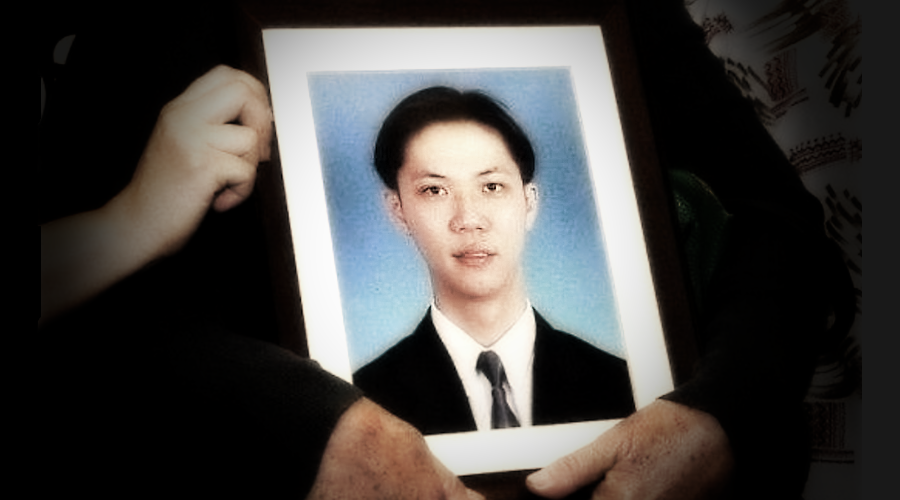
(Mariam Mokhtar is a Freelance Writer.)
ADVERTISEMENT
ADVERTISEMENT






